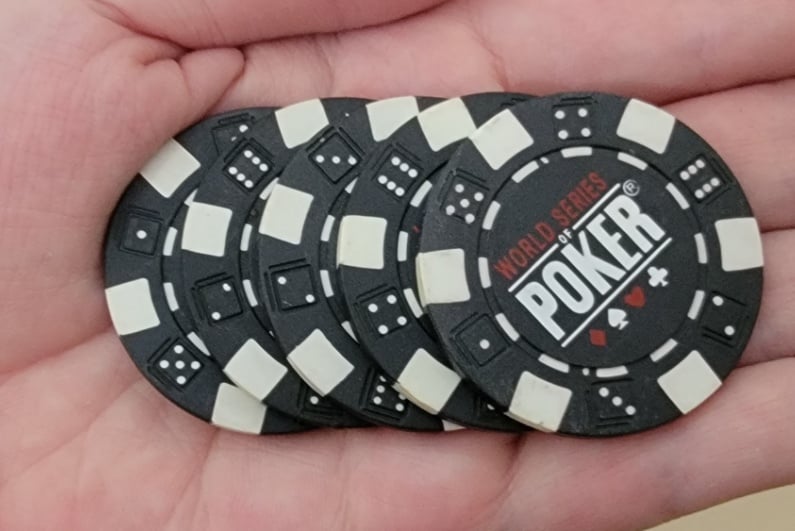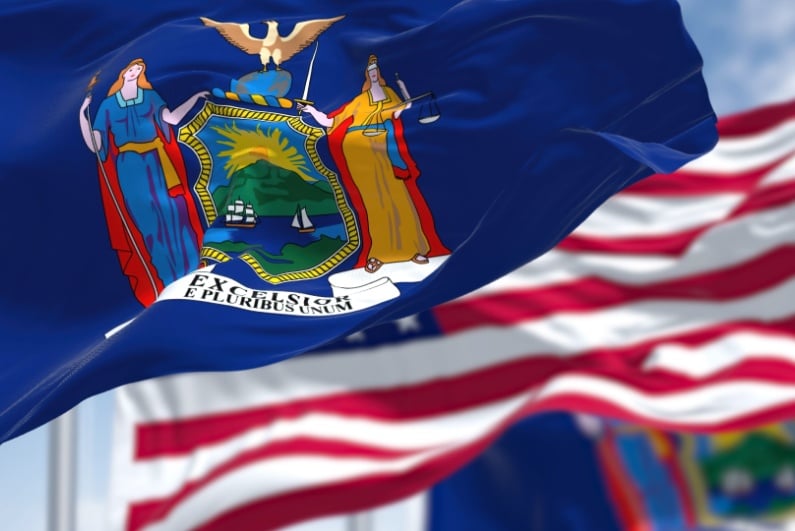30-second summary
- Survey suggests 1.8m Dutch play on illegal offshore gaming websites
- Illegal gambling estimated at €600m (£523.5m; $687m) yearly
- Only state-owned casinos permitted to operate
- Regulator issued record fines in 2018
- Legislature will vote on Remote Gaming Bill on February 5
A new survey, commissioned by state-owned gambling operator Holland Casino, has revealed a shocking increase in the number of resident Dutch playing on illegal gambling sites.
The number of people estimated to be logging onto offshore gaming websites is 1.8m. This is an increase of 300,000, or 20%, since 2016. However, the survey by Motivaction revealed that around 66% of gamblers who play regularly on illegal sites would prefer to play on properly licensed platforms.
Erwin van Lambaart, director of Holland Casino, was unequivocal about the risks to players who gamble on unlicensed sites. He said: “More and more Dutch people gamble totally unprotected on the internet. They do so with international providers who are established on sunny holiday islands with dubious regulations. Moreover, these companies do not pay tax [here], and that is unfair competition.”
The market for illegal gambling is thought to be worth around €600m a year, with an estimated €175m (£152.7m; $200m) of tax revenue lost annually.
Tightly regulated
Gambling in the Netherlands is strictly regulated. Only Holland Casino is licensed to run casinos and operate a limited number of online games on its platform.
The regulator, the Dutch Gambling Authority (Kansspelautoriteit, or KSA), has struggled to prevent people from gambling on offshore platforms that are not licensed in the Netherlands.
In 2018, the KSA levied a record €1.7m (£1.5m/$1.9m) of fines on such platforms. It also issued 12 general penalties for breaching regulations and seven administrative penalties, among a total of 23 sanctions.
Among the companies fined for illegally targeting Dutch online gamblers were William Hill, Mr Green, Corona, Bet-At-Home, Honeydew, and CyberRock Entertainment. William Hill and Betsson, which owns Corona, are both appealing the fines.
The KSA has frequently criticized the Dutch government for failing to push through legislation to regulate gambling operators. Former KSA head Jan Suyver last year told newspaper Financieele Dagblad that he considered the situation to be a disgrace.
He said: “The Netherlands is almost the only country left in the EU which has not regulated online gambling. It is organized everywhere I go, in Bucharest, in Prague. It is a disgrace for the Netherlands, and abroad they do not understand why legislation has not yet been passed. We have a moral duty to make sure that legislation is in place.”
The Remote Gaming Bill
The draft Remote Gaming Bill was initially put before the Dutch parliament in 2015 but has stalled a number of times, mainly due to opposition from two strict Christian parties in the fragile coalition government. The Socialist Party is also opposed to opening up the gambling market.
The bill is set to be discussed again on February 5, and it is expected to pass with a slim majority. Regulations will come into force in 2020, and commercial operators will be allowed to apply for licenses.
The legislation calls for Holland Casino, which has 14 branches around the country, to be privatized, broken up, and sold off to commercial operators. Ten of the casinos will be sold under the brand name, while four will be placed on the market individually.
The KSA will continue to regulate gambling in the Netherlands and will also get new powers to issue licenses to gambling operators. EU-based companies are expected to be granted the first licenses, in a move that will mean the Netherlands will no longer be restricting trade between member states.
Treating problem gamblers
The survey by Motivaction did not show any increase in gambling addiction as a result of players using illegal gaming sites. However, the bill has measures in place such as making licensed operators pay an additional 0.5% in tax revenue to support programs to help gambling addicts.
Holland Casino’s van Lambaart said the monopoly company had developed technology on its online platform that could flag problem gamblers. He said: “Smart algorithms in the software allow us to immediately see if someone’s playing pattern changes drastically.”
The KSA will keep a national register of players who opt to self-exclude. If they breach their self-imposed limits, the KSA will have the authority to ban them completely.
Gambling addiction clinics have indicated they will monitor the market closely from next year to see if there is a rise in the number of problem gamblers. They may seek to pressure the government to restrict gambling advertising.




